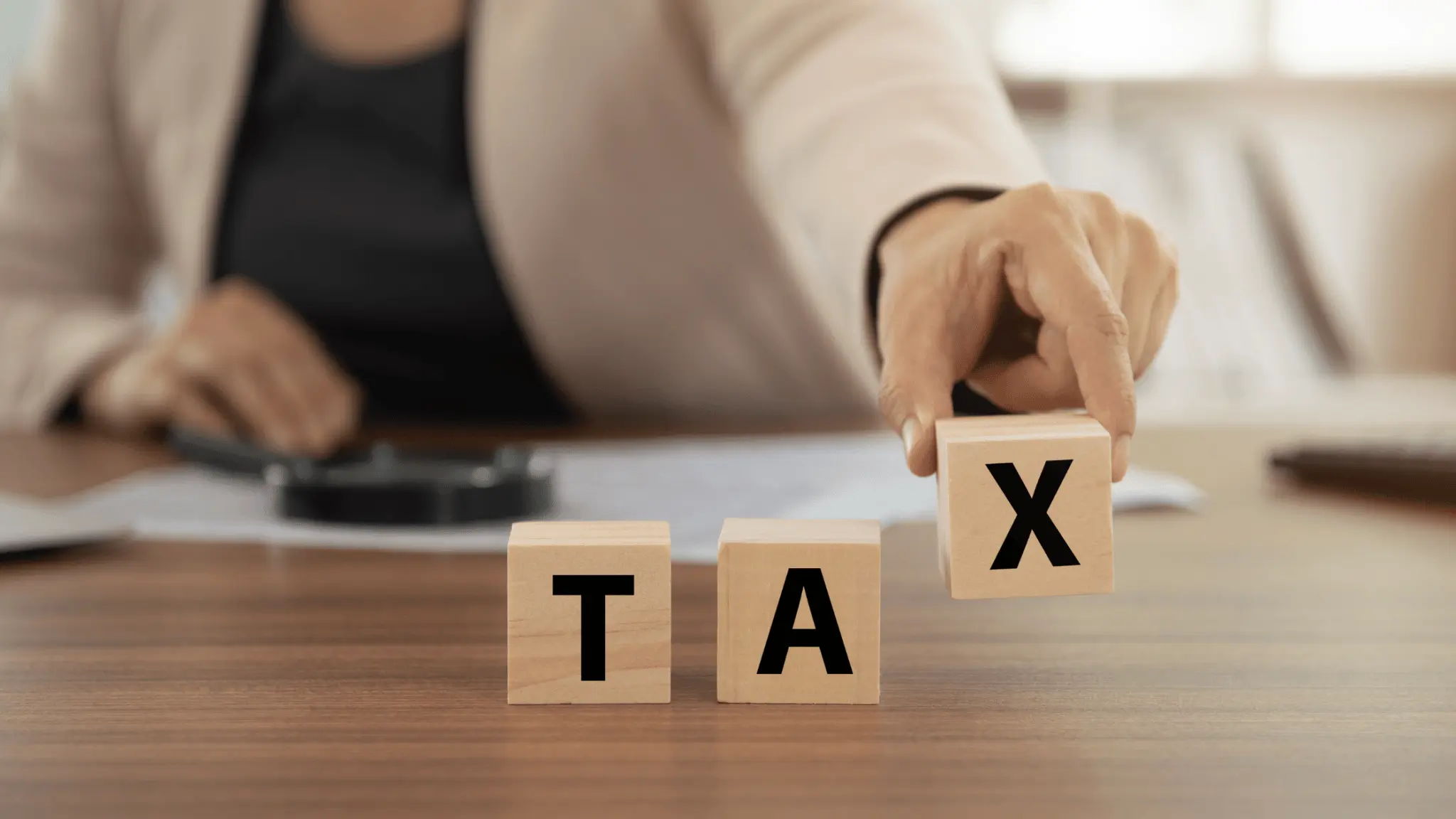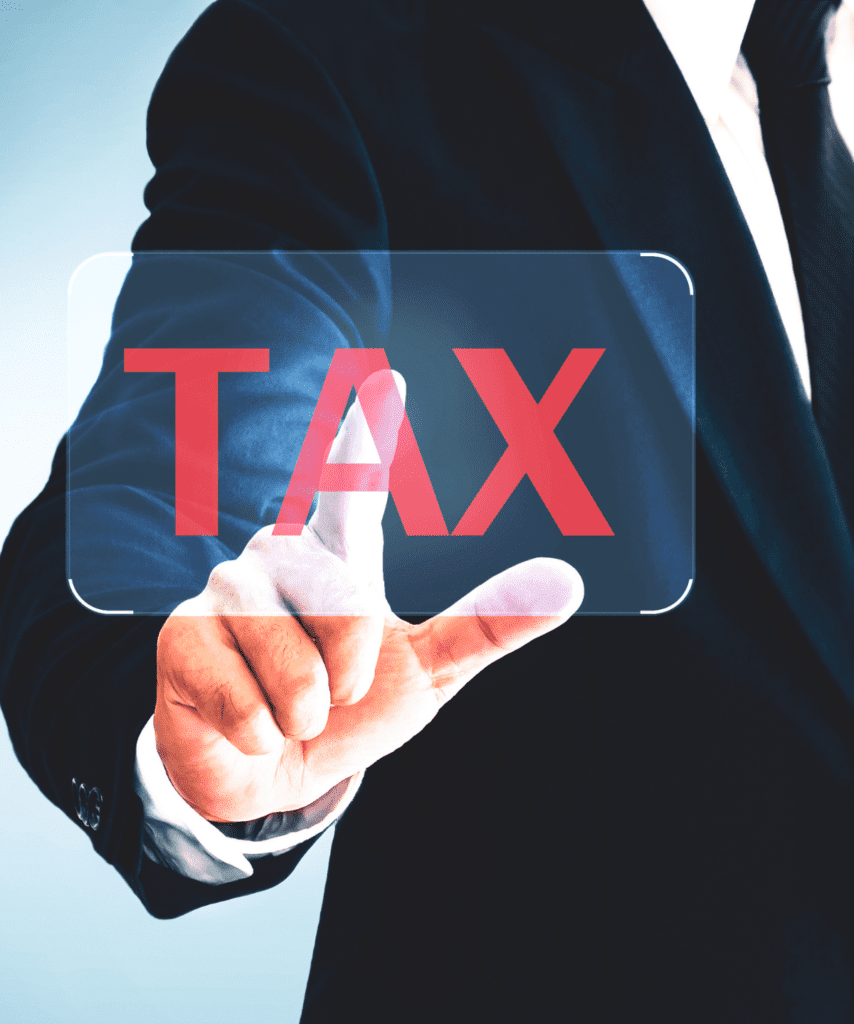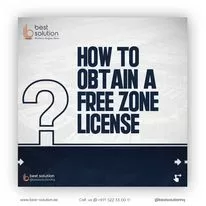
Mastering 2023 Corporate Tax in UAE
3 Must-Do’s for Businesses
Register for Corporate Tax in 2023
- From June 2023, all UAE businesses must register for corporate tax from their first financial year.
- This applies to free zone companies and freelancers too.
- Separate corporate tax registration is mandatory, even if a business has a VAT number.
Maintain Accurate Accounting Records for Tax Compliance
- Maintain a system to easily access and accurately record financial information.
- Systematically document business income and expenses, categorizing them accurately for a clear overview of your financial activities.
- Consult with a qualified professional to ensure compliance and get advice on proper record-keeping practices.
Submit your corporate tax return to the Federal Tax Authority (FTA)
- You must file your corporate tax return after the end of your first taxable period.
- Even if you qualify for tax relief or exemptions, you still need to declare it.
- Filing your tax return with the FTA can help you claim any applicable tax exemptions.
- Our team of experienced tax advisors can assist you in ensuring that you benefit from any available tax relief or exemptions.
All businesses, including those in free zones, must comply with these three steps, even if they are not required to pay corporate tax.
What is the rate of corporate tax in the UAE?
The UAE Ministry of Finance (MOF) has developed a three-tiered taxation policy.
Corporate Tax Exemption for Free Zone Businesses
The UAE government has made an exception for businesses incorporated in free zones to facilitate their commitment to being environmentally friendly.
A business that is registered in a free zone is not automatically exempt from paying corporate tax.
What is the policy for corporate taxation of businesses located in free zones?
- A business in a free zone that complies with the specified corporate tax regulations may qualify for an exemption.
- Non-compliance with tax regulations in a free zone may result in the loss of exemption.
- Despite losing the free zone exemption, businesses have alternative options like the Small Business Relief rule for qualifying for tax exemptions.
Even if a business qualifies for a tax exemption in a free zone, they still need to maintain proper accounting, register for corporate tax, file an annual tax return with the FTA, and keep records.
Corporate Tax Policy also Applies to Freelancers!
If you work as a freelancer or professional in the UAE, you will need a professional license, which will automatically bring you under the tax regime. As a freelancer, if your annual revenue is over AED 3 million or your profit is over AED 375,000, you are likely to pay a 9% corporate tax on the appropriate income amount unless you qualify for available exemptions.
Freelancers in the UAE may still be required to pay corporate tax if their annual revenue exceeds a certain amount and their profit is over 375,000 AED, with a tax rate of 9% for those earning over 3 million AED.
Does the Small Business Relief Rule Apply to You?
The Small Business Relief Rule is intended to assist SMEs and start-ups in the UAE by reducing their corporate tax burden, as well as relieving them of some of the costs of compliance and obligations. It is primarily focused on aiding micro and small businesses.
If your annual revenue is under 3 million AED, you are not required to pay corporate tax.The Small Business Relief scheme is designed for businesses with a total revenue below AED 3 million, which exempts them from paying corporate tax for the relevant tax periods.
Note: The Relief Business Small scheme will be available until the end of 2026.
How Do You Know Your Taxable Profit?
Your taxable profit is determined by subtracting your business expenses from your revenue. It’s important to follow specific rules for certain expenses when calculating your taxable profit.
Exempt Sources of Income
The Ministry of Finance (MOF) has declared that in most situations, the sources of income listed below will not be subject to taxation.
- Selling shares of a subsidiary company can result in capital gains.
- Capital gains from selling shares of a subsidiary company under their ownership.
Legal entities or businesses that meet certain criteria may be eligible for corporate tax exemption in specific industries.
Exempt Sources of Income
The Ministry of Finance (MOF) has declared that in most situations, the sources of income listed below will not be subject to taxation.
- Selling shares of a subsidiary company can result in capital gains.
- Capital gains from selling shares of a subsidiary company under their ownership.
Legal entities or businesses that meet certain criteria may be eligible for corporate tax exemption in specific industries.
Industry-Specific Exemptions
Legal entities or businesses that meet certain criteria may be eligible for corporate tax exemption in specific industries.
This category encompasses regional offices, as well as various divisions and departments.
Companies engaged in natural resource extraction or mining in the UAE are already liable to pay taxes at the emirate level, therefore, they are not required to submit a separate tax report.
These entities include retirement or pension plans and social benefit funds.
Organizations similar to charitable funds must apply to FTA and MOF to obtain formal
Companies in the UAE that are fully owned by the government are listed at a ministry level and will be granted a decision on exemption from taxes.
To register with the MOF, entities that work for charitable causes need to be eligible and get formal clearance from relevant authorities beforehand.
Can Corporate Tax be Equated with VAT?
Businesses pay corporate tax on their annual net profits. If they collect VAT from customers, they must register for VAT and submit it to the government. Note that VAT registration doesn’t exempt them from registering for corporate tax.
VAT is a tax on customer purchases, while corporate tax is on business income. VAT is collected during purchases, while corporate tax is based on net income. Corporate tax is paid to the government based on net income, not total sales or revenue.


At Best Solution, our experienced team of tax advisors and accountants can help you navigate the new UAE corporate tax law. We’ll ensure your business qualifies for exemptions or pays corporate tax smoothly. With our efficient accounting tools, we’ll handle compliance while you focus on running your business. Let us guide you through the process with ease.
Looking for more information about the new UAE corporate tax law? Our team is here to help! Get in touch with us now to stay ahead of the game.














